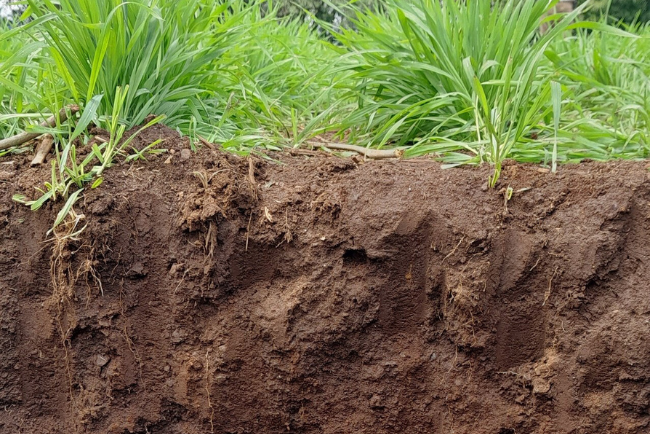
Petrichor is the refreshing, earthy scent that fills the air when rain or water touches the ground after a dry spell. This unique fragrance is caused by the release of compounds such as geosmin, produced by soil-dwelling bacteria, and oils secreted by plants. The term “petrichor” comes from the Greek words petra (stone) and ichor […]
Read More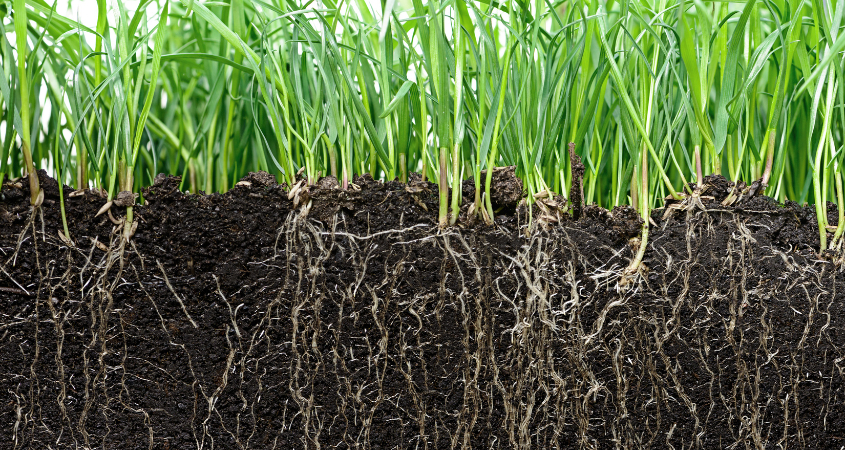
An intricate web of life lies beneath our feet that is often overlooked but plays a crucial role in shaping the health and fertility of our planet. Soil microbiology is of paramount importance in understanding the intricate relationships that exist between plants, soil, and the environment. The dynamic interplay of these microscopic organisms contributes significantly […]
Read More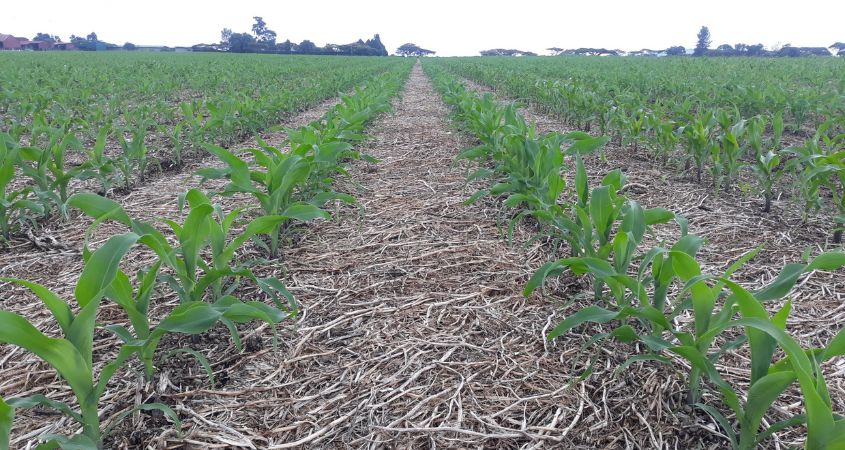
Background information While many approaches, such as nutrient omission trials, have been shown to be beneficial in adjusting fertilizer recommendations such as nitrogen (N) fertilizer-based rates, severe nitrogen deficiencies persist across Kenyan farms. These can be attributed under application of N, or N loss. A large amount of the applied N is lost due to […]
Read More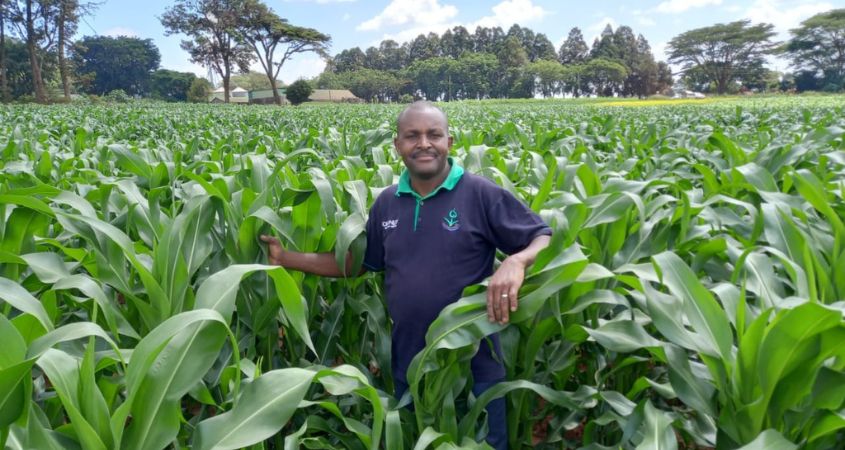
In many places of the world, soil acidity is a substantial constraint to soil productivity. Sodium, aluminum, manganese, and hydrogen ion toxicity, as well as deficits in critical elements such as nitrogen, calcium, magnesium, phosphorus, and molybdenum, all contribute to plant growth suppression. Agricultural management practices have increased shifts in soil pH, raising concerns about […]
Read More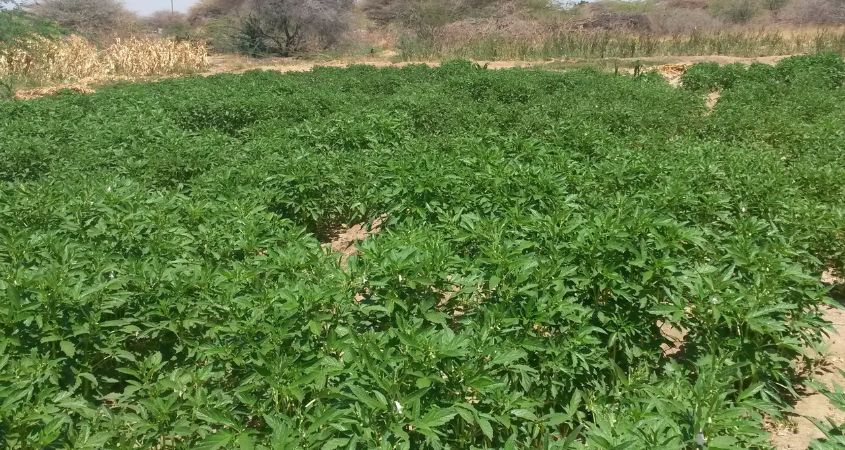
In my last article, we dealt with the many benefits of cover crops and how they can really help improve soil health, soil structure, nutrient availability (especially phosphorous), and water infiltration and moisture holding capacity. These are some of the most important yield destroyers in African soils. Cover cropping, if done properly can really make […]
Read More
Today, September 29, is the International Day of Awareness of Food Loss and Waste. On this day, we take the opportunity to raise awareness of practices and innovations that help reduce food loss and waste and build more resilient food systems. Food loss and waste undermine the sustainability of our food systems. When food is lost […]
Read More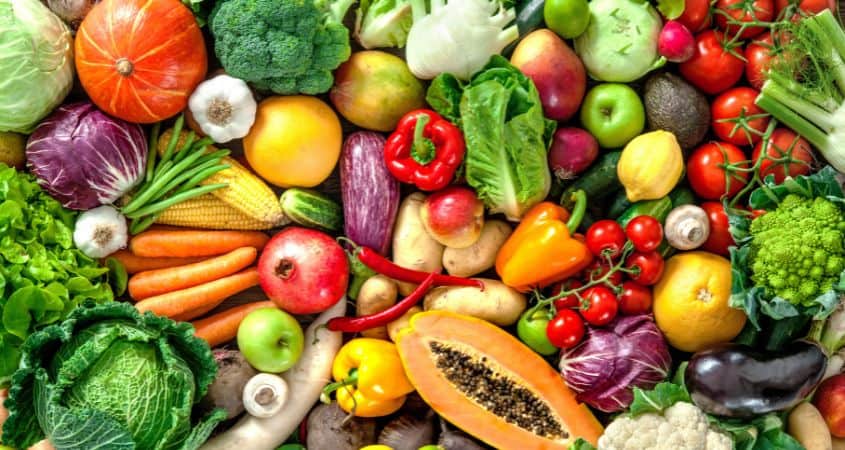
In recent months, a number of amendments to the EU 396/2005 Regulation have been published. Some of these changes are already active since April 14 and 28 and May 3, 2022. Regulation EU 2021/476 is an amendment of Annexes II, III and IV to Regulation EU 396/2005; and indicates a change in Maximum Residue Levels […]
Read More
Cover crops are planted to cover the soil rather than for the sole purpose of being harvested. Commercial cropping and removal of crop residue leaves the soil surface bare until the next crop is planted. Bare soils are very fragile and prone to erosion, capping, heating, and degeneration. Bare soils cause floods and dust storms. […]
Read More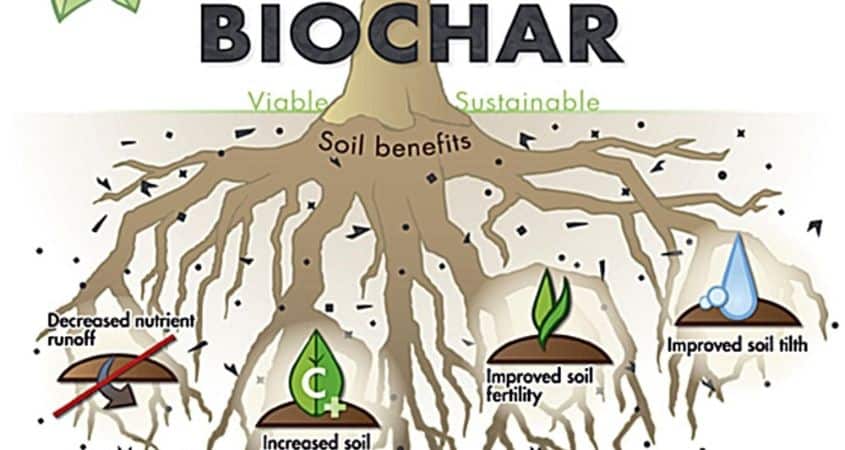
Biochar is the new buzzword in farming. What is it? Biochar is basically ‘charred’ agricultural waste created through slow-burning of organic matter in the absence of oxygen (pyrolysis). This creates a porous, high carbon, stable material that can be added to the soil to improve soil properties. The claims for the benefits of biochar are […]
Read More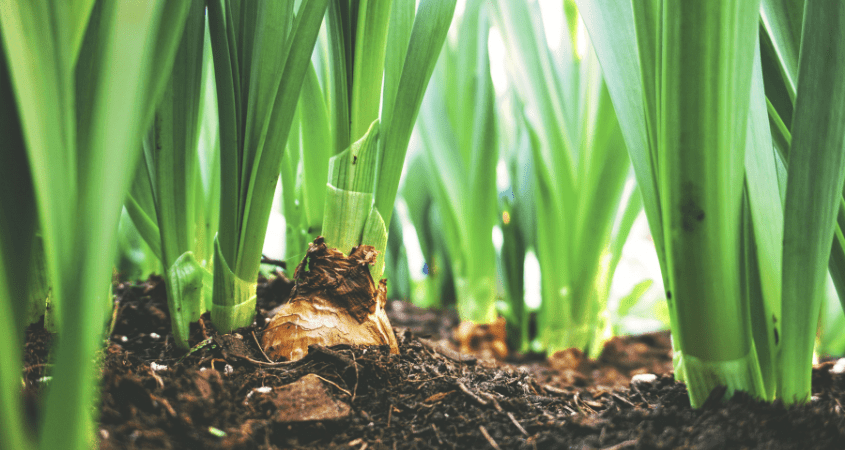
Soil is important not just for growing plants and supporting our farmers, but it plays a major function in the health of the planet. Soil provides us with what are known as ecosystem services, essential for global health. The resilience of the soil is its capacity to recover and bounce back after a change of regime […]
Read More
Downy mildew, Peronospora sparsa, is among the most feared diseases in industrial rose production in the highland tropics. Outbreaks are triggered when the presence of inoculum coincides with high relative humidity (> 85%, > 3-4 hrs), cool temperatures (10-18°C) and free moisture on the leaves persist for four hours or more. Young apical tissue is […]
Read More
We hope that you will read this newsletter with great interest. The aim of this newsletter is to keep you updated on the new MRLs for certain pesticides that have recently been published by the EU. Of emphasis, are the updates on EU- MRLs for Chlorate and Perchlorate in particular. If you have any questions, […]
Read More
Turning soils into sponges: Opportunities to reduce flood and drought risks You may think that the common factor between drought and flood in many places in Kenya is water, especially lately. Other than the lack or abundance of rain, the major reason for droughts and floods is the soil’s health status and its inability to […]
Read More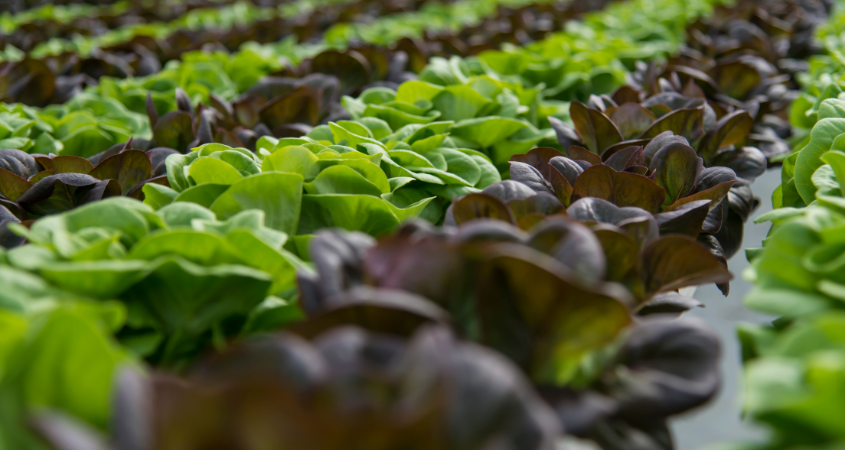
Plant disease & pest management using chemical pesticides raises serious concerns about food safety, environmental quality and pesticide resistance. These concerns have dictated the need for alternative plant disease & pest Management techniques. In particular, plant nutrients could affect the disease tolerance or resistance of plants to pests and diseases. This is evident in the […]
Read More
In Kenya, the current population is estimated at 47 million and expected to nearly double to 95 million by 2050. Agriculture in Kenya is a fundamental instrument for sustainable development, poverty eradication, and food security.
Image c/o: pixabay
Read More
Plant nutrition is the study of the chemical elements and compounds necessary for plant growth, plant metabolism and their external supply. Without proper plant nutrition, plants tend to die off or produce little or no yield. In my line of work I visit hundreds of flower farms a year; the flourishing, the ticking over, and the ones in […]
Read More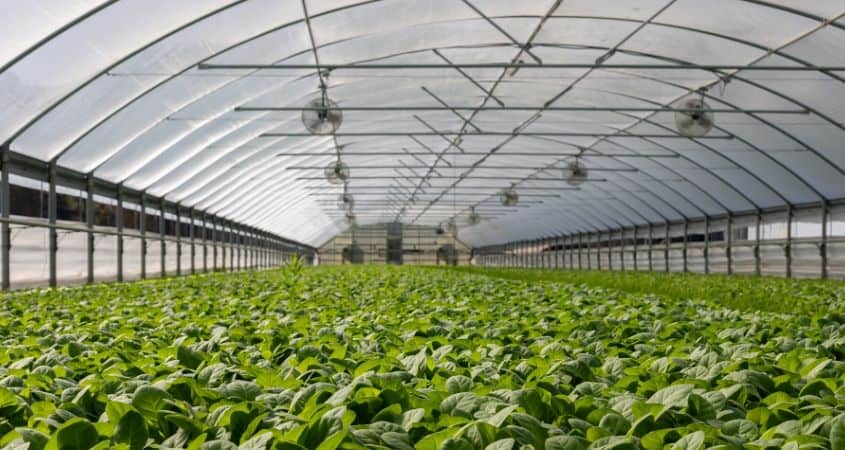
Greenhouse soil crops need more specialized care. When you grow plants out in the open field, your soil has time to rest and regenerate. Not so in the greenhouse, where the climate is much hotter and the soil and plants are working hard all year round. Greenhouse soil temperatures are higher and you need to […]
Read More
In Africa, and especially in Kenya, high sodium soil is one of the major causes of yield losses, quality reduction and crop failure in irrigated agriculture. So today, in our first newsletter, we are going to talk about sodium in the soil. The Effect Of Soil Sodium Soils with a high percentage of sodium in […]
Read More
Soil organic matter (SOM) is the organic matter component of soil, consisting of plant and animal remains at various stages of decomposition, cells and tissues of soil microbes, and substances that soil microbes synthesize (Wikipedia). In order to save the world from self-destruction, we need to move towards sustainable carbon friendly farming. Many farms in Kenya have already embarked on this journey. […]
Read More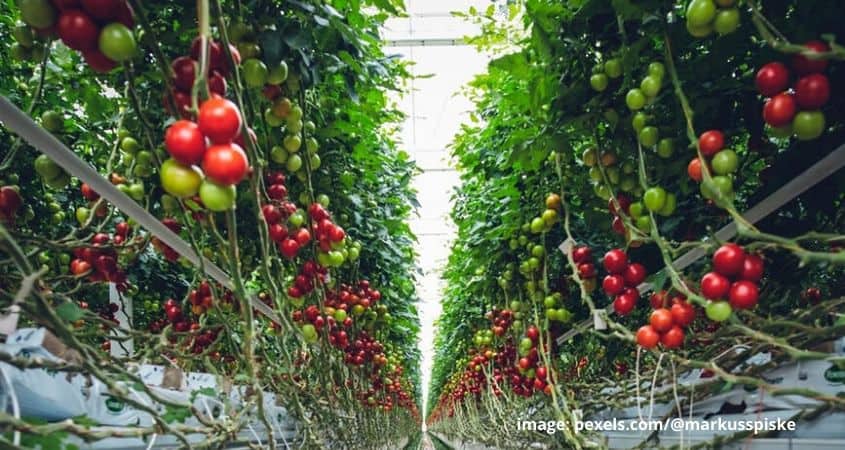
Fertigation is the application of fertilizer together with the irrigation water. The most common form of fertigation in Kenya is via drip irrigation. Fertigation provides precise nutrition, application flexibility, minimized loses & environmental protection. Fertigation Benefits The benefits of drip fertigation to plants are that nutrients are applied directly into the active root zone with […]
Read More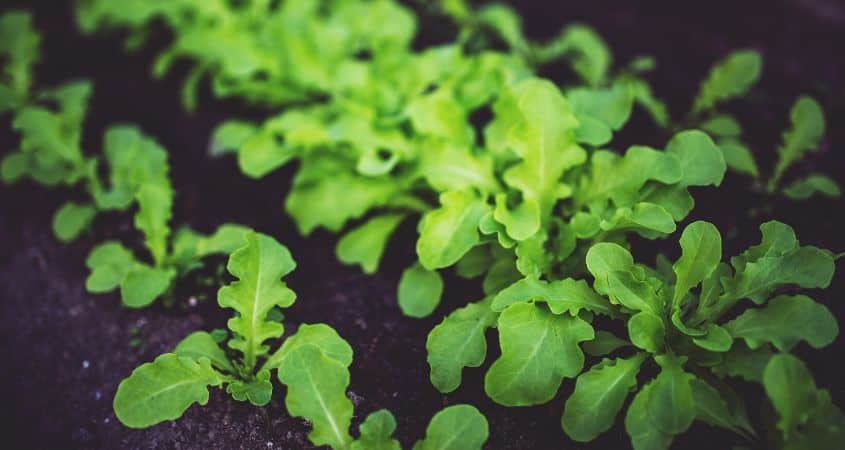
Calcium Nitrate is an inorganic compound with the formula Ca(NO3)2 and is mainly used as a component in fertilizers. In soil and plant nutrition Calcium is King. Calcium Nitrate is the only cheapish non-reactive water soluble calcium fertilizer suitable for drip feeding fertigated crops, so it goes without saying that calcium nitrate is the sovereign of fertilizers. There are […]
Read More
On 14th December 2019, a new EU plant health regulation ((EU) 2016/2031) comes into operation bringing rigorous new rules to prevent the introduction and spread of pests and diseases of plants in the EU. EU Phytosanitary Certificate Countries exporting fruit and vegetables to the EU must take action to ensure that all consignments are in […]
Read More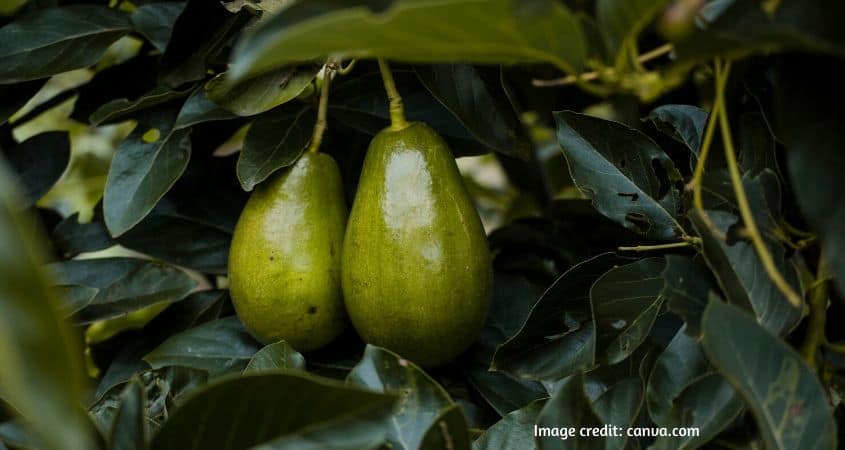
Your ultimate Avocado Farming Guide: Avocado farming in Kenya and around the globe is gaining prominence partly because of the nutritious benefits of the avocado fruit. But where does one start in farming this delicious fruit? Here, we discuss more on the best practices on how to grow Avocados in Kenya. Full of flavor, packing […]
Read More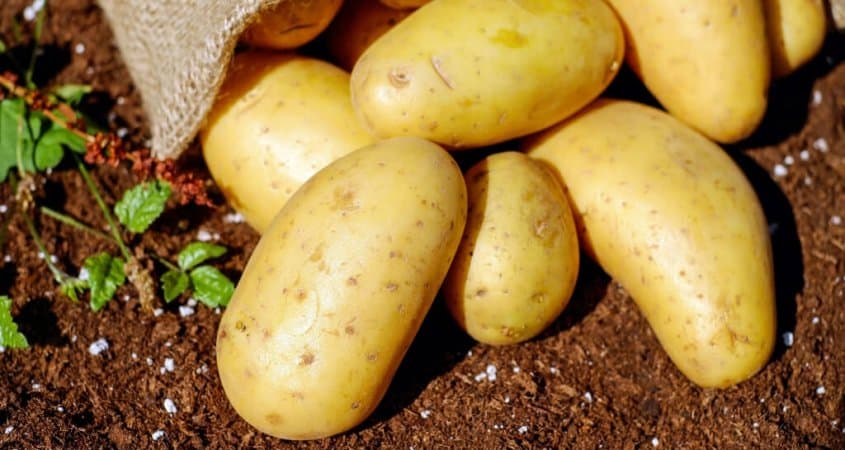
Is potato farming profitable? What are the potato fertilizer nutrient recommendations? What potato diseases and pests are likely to affect my crop? Are there potato virus diseases and what are their control methods? Ruth Vaughan, delves into all your questions.. Irish potato farming in Kenya & Africa at large is gaining ground as demand for […]
Read More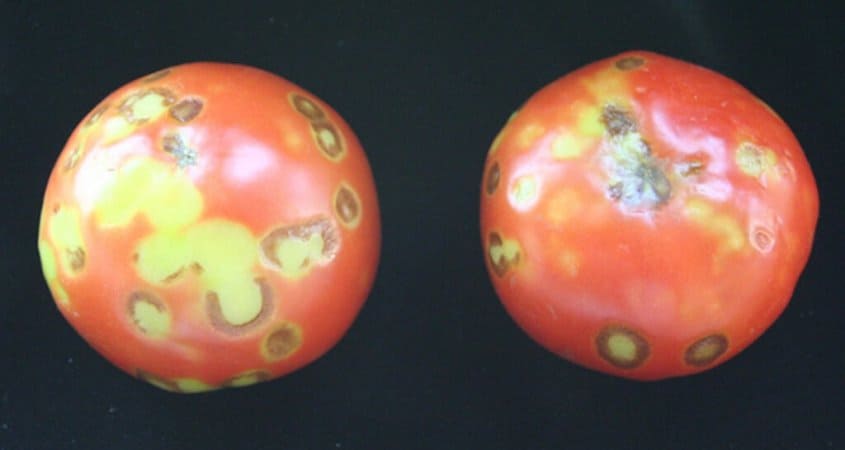
Plant viruses are viruses that affect plants. Like all other viruses, plant viruses are obligate intracellular parasites that do not have the molecular machinery to replicate without a host. Plant viruses are pathogenic to higher plants. They can cause a dramatic decrease in yield, quality and shelf life and even plant death. Plant virus are made up of a strand of nucleic acid (DNA or […]
Read More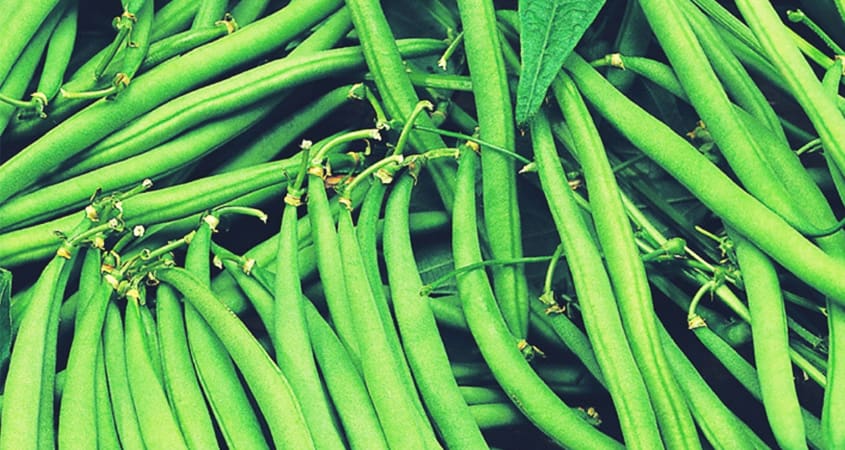
French beans, also known as snap or green beans, and locally in Kenya as mishiri, are a major export crop. Interest in french beans farming is fast-growing for both fresh consumption and processing
Read More